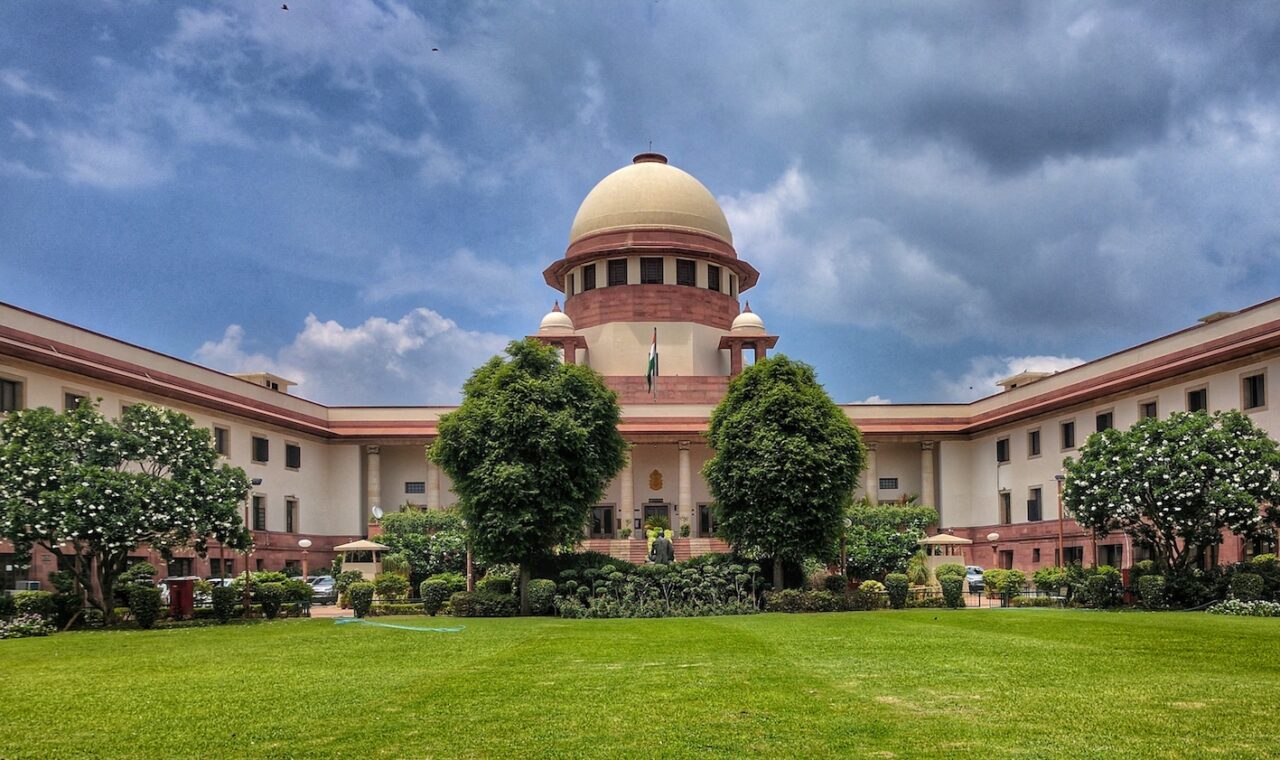Liability under the offence of murder does not arise if the injuries inflicted upon the deceased were insufficient in ordinary course of nature to cause death of a person was decided in the case of Mihir Gope Etc. vs. State of Jharkhand [Criminal Appeal No. 22-23 of 2021] presided over by J. N.V. Ramana, J. Surya Kant and J. Aniruddha Bose.
In this case, a quarrel arose between the parties over an earthen hut constructed over a land in dispute which resulted in the deaths of two. The First Information Report was registered on the same day in Pindrajora police station, Bokaro district, Jharkhand. Further the Additional Session Judge, Fast Track Court-IV, Bokaro held the two appellants guilty for the murder of the deceased against which a special leave petition was filed by them. The third accused was sent to the Juvenile Justice Board on his plea of Juvenility and the fourth was let off as no allegations of assault were made against her.
A medical examination revealed that the injuries caused by the appellants were simple form of lacerated wounds and were insufficient to cause death of a person in ordinary course of nature. The CT scan of one of the deceased did not show any intracerebral hemmorhage or fracture to reason the injuries inflicted upon him to be the cause of his death.
The honorable bench contended, “Considering the weapons of assault the appellants were meant to have has used in inflicting such injuries, and the nature of injuries they caused on the deceased, we do not think the two appellants had the intention or knowledge that their acts could have had caused their deaths. We also do not find any evidence of commission of offence under section 341 of the Indian Penal Code, 1860. None of the eyewitnesses has stated in course of their examination that the appellants had wrongfully confined them. In our opinion, however, there is sufficient evidence against the appellants of voluntarily causing hurt by the instruments we have referred to. We have discussed the evidence based on which we come to this conclusion. We hold both the appellants guilty of committing offence under section 324 of the Code.”
It was further provided by the bench, “we, accordingly set aside the judgment of conviction of the appellants under Section 302 read with Section 34 of the Code and the order of sentence under the aforesaid provisions is also set aside. As we find from evidence from evidence of the medical professionals that injuries inflicted by them were simple in nature, the conviction in previous judgment under section 325 of the Code is also set aside. We hold so primarily on the basis of the depositions of the three medical experts.”


